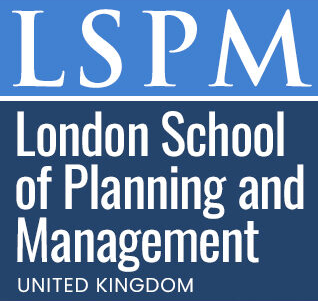Career Advancement Programme in Legal Korean for Legal Mediation
Published on June 28, 2025
About this Podcast
HOST: Welcome to our podcast, today we have a special guest who will be discussing the Career Advancement Programme in Legal Korean for Legal Mediation. Can you tell us a bit about this course and what inspired you to create it? GUEST: Sure, the course is designed to equip legal professionals with the necessary language skills and cultural understanding to excel in legal mediation involving Korean parties. I was inspired by the increasing globalization of businesses and the growing number of Korean companies investing worldwide. HOST: That's fascinating. How does understanding Legal Korean and Korean culture give legal professionals an edge in mediation? GUEST: Knowing Legal Korean and Korean culture is crucial for effective communication and negotiation in cross-cultural settings. It helps build trust and rapport with Korean clients and parties, and demonstrates cultural sensitivity and competence. HOST: I see. Can you share any challenges you've faced or observed in teaching this subject to legal professionals? GUEST: One challenge is the complexity of the Korean legal system and the language. However, we've designed the course to be accessible and comprehensive, covering essential skills in Legal Korean, Korean culture, negotiation strategies, and mediation techniques. HOST: That's great to hear. What do you think the future holds for legal professionals who specialize in Legal Korean and legal mediation? GUEST: I believe the demand for legal professionals with these skills will continue to grow, as more Korean companies expand their operations globally. This specialization can enhance career advancement opportunities and make legal professionals stand out in the field. HOST: Thank you for sharing your insights with us today. It's clear that the Career Advancement Programme in Legal Korean for Legal Mediation is a valuable resource for legal professionals looking to excel in cross-cultural legal settings.
